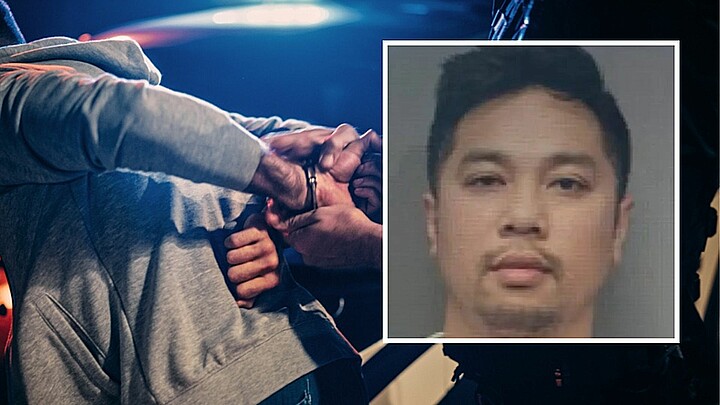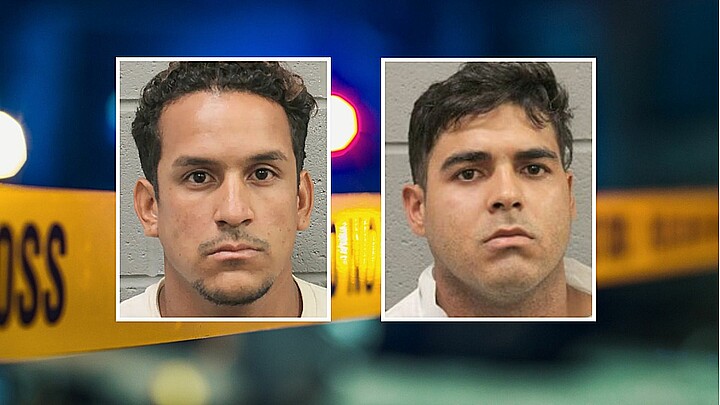Crime
Lone Star Justice: A convicted cop-killer now awaits execution on death row in Texas
Facundo Chávez, 32, will be executed after a jury deliberated for nearly 10 hours over two days, deciding he was guilty of killing El Paso Sheriff Deputy Peter Herrera in 2019

August 13, 2023 7:14pm
Updated: December 6, 2023 11:24am
A Texas jury returned a death penalty sentence Wednesday for a man convicted of killing an El Paso Sheriff’s Deputy during a 2019 traffic stop.
Facundo Chávez, 32, will be executed after a jury of nine women and three men reached the decision Wednesday. Jurors deliberated for nearly 10 hours over two days, deciding on August 3 that Chavez was guilty of killing El Paso Sheriff Deputy Peter Herrera in 2019
Judge Diane Navarrete, who presided over the trial, cautioned the participants in the courtroom not to make loud noises or express emotions during the announcement of the sentence.
The verdict was read aloud to silenced spectators, but despite the jury's actions, Chavez appeared unfazed.
His fate was either capital punishment or spending the rest of his life behind bars.
Peter Herrera was conducting what began as a routine roadside inspection on Chávez and his girlfriend, Arlene Piña, following a few 2019 traffic violations.
The infractions included negligence to dim high-beam headlights and unacceptable exhibit of a temporary license plate, tickets issued, that ultimately led to a cataclysmic confrontation between the two men on March 22, 2019.
Chávez pulled over that fateful night after he was pursued by Herrera. Instead of waiting in his vehicle however, he drew a handgun and shot the El Paso deputy dead in cold blood.
The defense faced extraordinary challenges since Herrera was shot 15 times by Chávez before his weapon jammed. Chávez also battered the injured officer with the weapon, leaving little doubt as to intent and mental state when he committed the crime.
Attorneys for Chávez did not dispute those facts, but rather tried to mitigate the client’s sentence by arguing that Herrera’s decision to pull Chávez over stemmed from a personal dispute. Had they argued the point successfully, that could have mitigated Chávez’s charge from killing a peace officer to a regular civilian—a distinction, which could have made a difference in a life sentence and the death penalty.
Chávez and his girlfriend abandoned the crime scene as Herrera was left fatally injured and soaked in his own blood.
The El Paso deputy was found still alive fighting for his life and was taken to a nearby hospital to receive emergency care. Despite doctors’ best efforts to save the peace officer, the deputy was pronounced dead a couple of days later.
Arlene Piña was initially accused of capital murder, but in a plea bargain with former El Paso District Attorney Yvonne Rosales, her charged was lessened to manslaughter.
She was sentenced to a 15-year prison sentence.
There have been 583 executions in Texas since capital punishment was reinstated in the United States in 1976. The Lonestar state is second only to Oklahoma in terms of execution rates in the nation.










